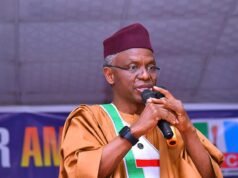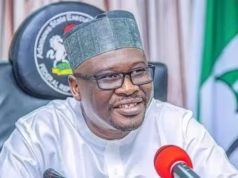Google has taken another big step to cement its presence in Africa’s digital economy by announcing free one-year access to its AI Pro plan for students in Nigeria and seven other African countries. The offer is available to undergraduates and postgraduates aged 18 and above, and is aimed at helping them sharpen their research, writing, and digital literacy skills.
The announcement, which came on Thursday, is part of a wider strategy to empower African youth with world-class tools that will allow them to compete globally in the age of artificial intelligence.
Countries benefiting from this move include Nigeria, Ghana, Kenya, Egypt, Morocco, South Africa, Rwanda, and Zimbabwe. For many students who often struggle with limited access to premium digital resources, this package could mean the difference between simply getting by in their studies and excelling at international standards.
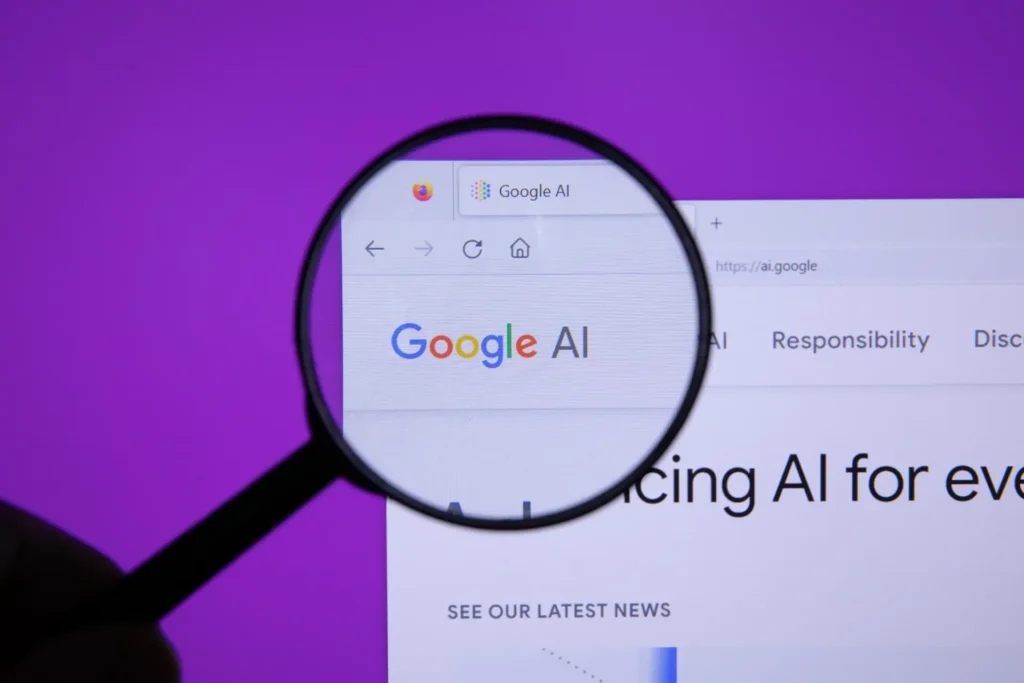
Table of Contents
What the Free AI Pro Package Offers
The AI Pro subscription unlocks advanced features that go far beyond the basic free version of Google’s Gemini. Two of the standout tools are Deep Research and Gemini 2.5 Pro.
- Deep Research: This feature allows students to generate detailed, custom research reports from hundreds of verified sources. Instead of piecing together scattered information from search results, learners can now access well-structured material that supports essays, theses, or project work.
- Gemini 2.5 Pro: This is an upgraded AI assistant designed for high-level academic and professional writing. It can support essay drafting, proof-reading, brainstorming, and technical writing, while offering more reliable outputs compared to earlier versions.
Together, these tools give students a digital edge that could ease the pressure of academic life while also preparing them for industries where AI is rapidly becoming the norm.
For Nigerian students, in particular, the announcement resonates deeply. Access to advanced AI has mostly been a privilege of students in wealthier countries. By levelling this digital playing field, Google is offering Nigerian youth a genuine chance to participate in the global knowledge economy.
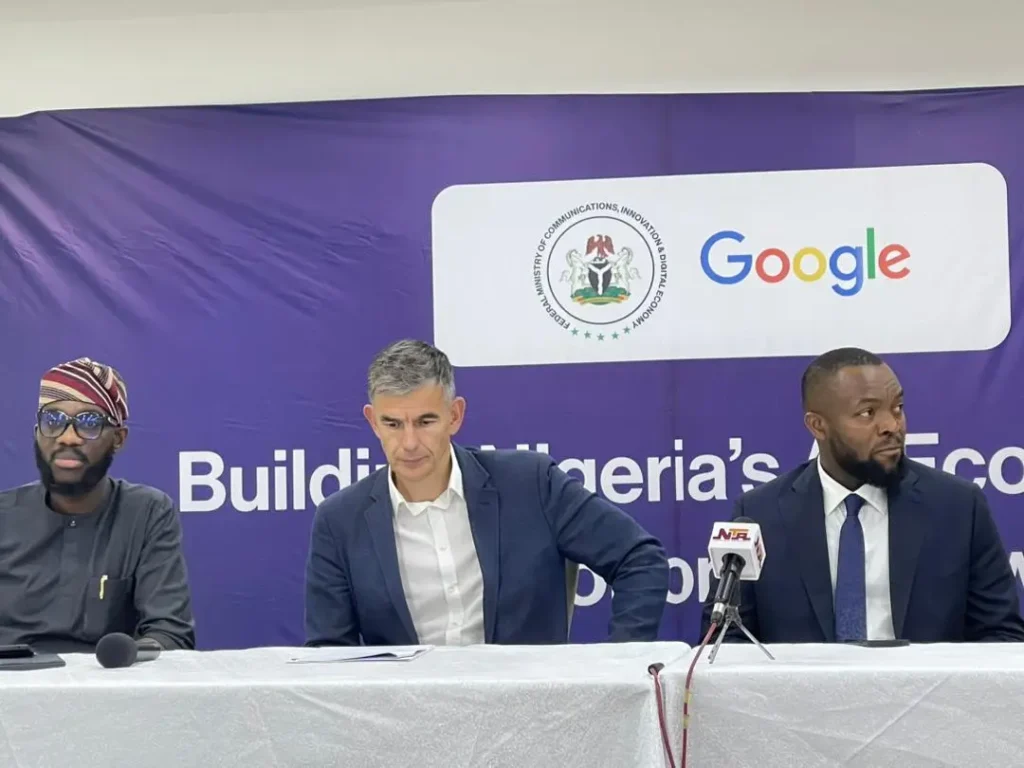
Infrastructure, Investment, and Economic Impact
Google’s support for students is part of a much bigger plan to strengthen Africa’s entire digital ecosystem. Alongside the AI Pro offer, the tech giant also revealed plans to establish four new subsea cable hubs across Africa. These hubs—strategically positioned in the north, south, east, and west—are expected to boost connectivity, reduce internet costs, and strengthen Africa’s ties with the rest of the world.
This infrastructure strategy expands on Google’s earlier projects under its Africa Connect programme. Notable among them are the Equiano subsea cable, which runs along the west coast of Africa, and the Umoja fibre route, linking Kenya with Australia.
Google’s own projections suggest that the Equiano cable could contribute as much as US$11.1 billion to Nigeria’s GDP in 2025 alone. Other countries will benefit too, with South Africa forecast at US$5.8 billion and Namibia at US$290 million. These numbers highlight the potential of digital infrastructure to act as an engine for economic growth across the continent.
Why It Matters for Africa’s Future
Beyond technology and infrastructure, Google’s commitment is tied to a larger vision: ensuring that African youth are not left behind in the race for digital skills. Since 2021, the company has invested about US$1 billion in Africa. The results are already visible: millions of young people trained in digital literacy, over 150 startups funded (raising a combined US$300 million), and more than 100 million Africans gaining better access to the internet.
The free AI Pro programme builds on these milestones and sets the stage for the next phase—training and empowering Africa’s knowledge workforce. In 2026 alone, Google has pledged an additional US$9 million to expand its training programmes, support university research, and improve access to advanced AI tools across the continent.
Alex Okosi, Google’s Managing Director for Africa, summed it up neatly: “We are making a unified investment into the upward trajectory of the continent.” For policymakers, educators, and students, the statement reflects a growing sense that Africa is no longer just a consumer of digital products, but an active participant in shaping how AI and connectivity transform the world.
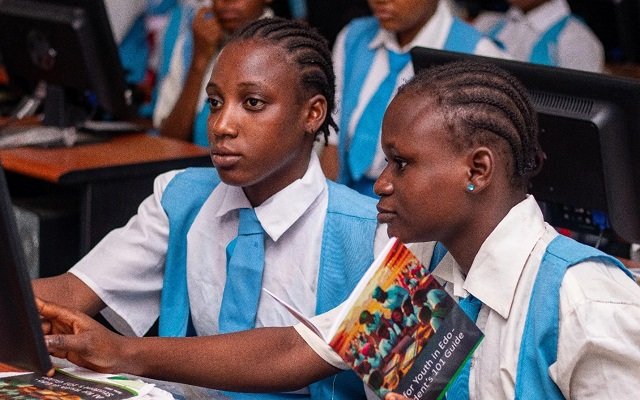
Conclusion
For students in Nigeria, this announcement could not have come at a better time. With rising tuition costs, limited access to modern libraries, and growing competition in global job markets, having free access to AI tools levels the playing field in ways that were unimaginable even a few years ago.
This initiative goes beyond charity; it is about creating opportunities for a generation of African thinkers, writers, and innovators. If properly utilised, it could mark the beginning of a new era where African students not only consume knowledge but also create and export it to the rest of the world.
Join Our Social Media Channels:
WhatsApp: NaijaEyes
Facebook: NaijaEyes
Twitter: NaijaEyes
Instagram: NaijaEyes
TikTok: NaijaEyes



